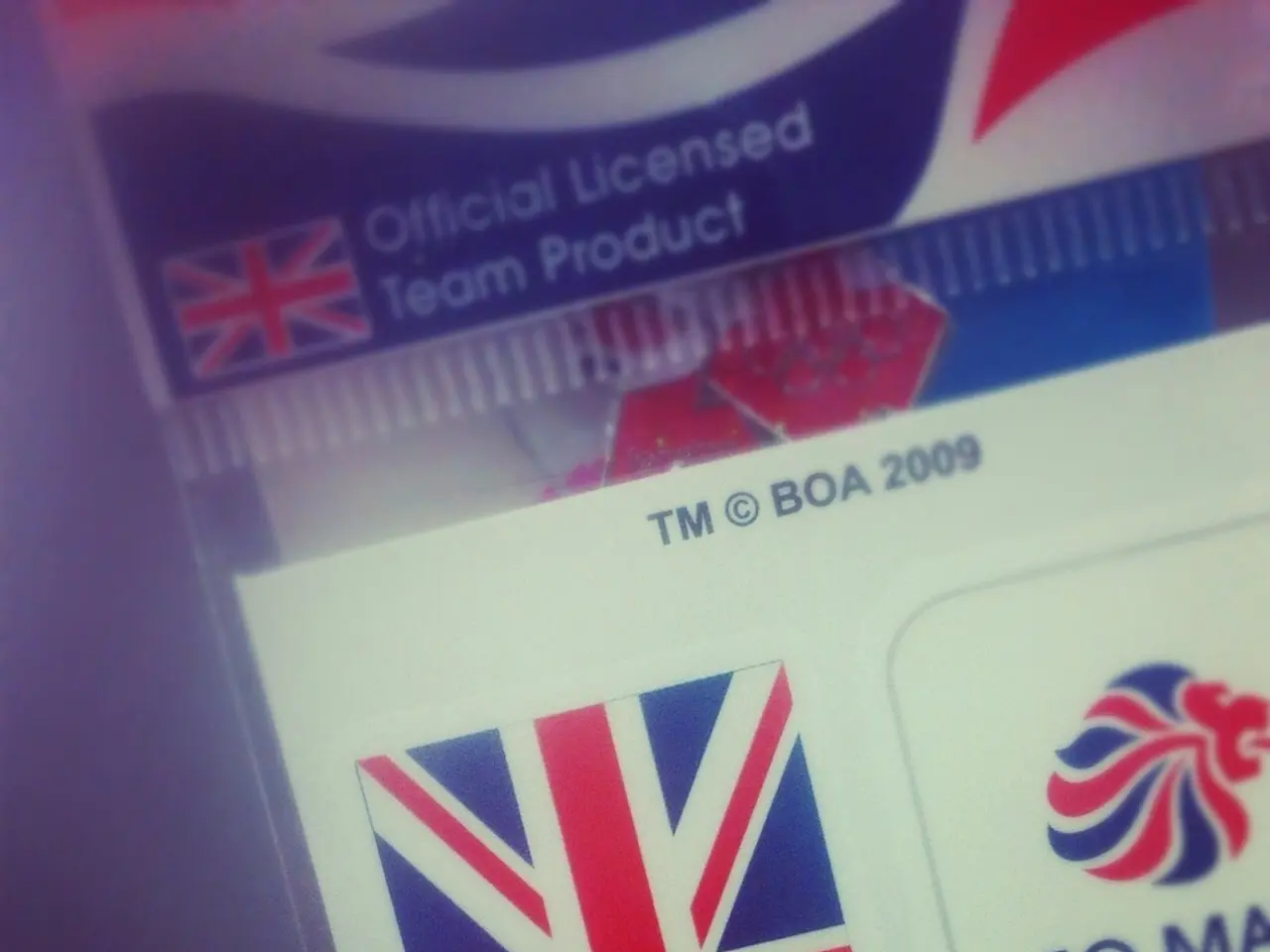Streamlining Customer Verification: Ensuring Compliance with Anti-Money Laundering Regulations
In the world of business, compliance with Anti-Money Laundering (AML) regulations is paramount. One such requirement is Know Your Customer (KYC) onboarding, a set of legal procedures businesses must follow before working with a new customer. This article focuses on the specific KYC onboarding requirements for businesses in Germany.
When venturing into the German market, businesses are expected to collect and verify certain data about themselves and their key individuals. This includes mandatory business data upfront, such as legal form and registration details, and the submission of official documents proving legal existence and operation.
The identification of legal representatives and authorized persons is also crucial. Personal data from each of these individuals, including explicit consent to regulatory requirements, must be gathered. In addition, businesses need to collect data on the ultimate beneficial owners (UBOs) of the business to comply with beneficial ownership transparency rules. However, these owners are exempt from the video identification process.
The video identification of legal representatives and authorized persons is a mandatory step in the process. These individuals must complete a remote video identification, such as via IDnow, to validate their identity documents and data.
Germany aligns with EU-wide AML laws, including the 6th Anti-Money Laundering Directive (6AMLD) effective December 2025. This directive mandates electronic identification, continuous client monitoring, and verification of source of funds.
Risk-based due diligence is another essential aspect of KYC onboarding in Germany. Businesses perform Customer Due Diligence (CDD) and Enhanced Due Diligence (EDD) based on the risk profile of the business and related persons to detect and prevent money laundering and terrorist financing.
The onboarding process typically uses API-driven automated workflows for data collection, identity verification, and compliance checks to ensure timely and thorough completion. The combination of regulatory requirements from German law and harmonized EU standards aims to provide high transparency on business ownership and secure identification of business actors.
To verify customer data, businesses need to obtain authentic and valid documentary evidence from the customer, such as an ID card or Passport and a utility bill or other proof of address document.
It's important to note that any AML-obligated industry has to apply KYC procedures during customer onboarding, while non-regulated businesses are also encouraged to do so to prevent fraud and avoid financial and reputational losses.
In summary, KYC onboarding for businesses in Germany includes mandatory business data and document submission, personal data collection of legal representatives and beneficial owners, video identification of legal actors, and compliance with updated EU AML/eKYC rules focusing on beneficial ownership transparency and risk-based monitoring.
In the realm of German business, technology plays a significant role in the KYC onboarding process, as video identification of legal representatives and authorized persons is required, often via platforms like IDnow. Additionally, the onboarding process typically utilizes API-driven automated workflows for data collection, identity verification, and compliance checks, ensuring efficient and thorough completion.







